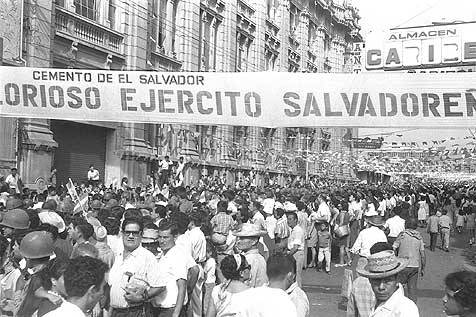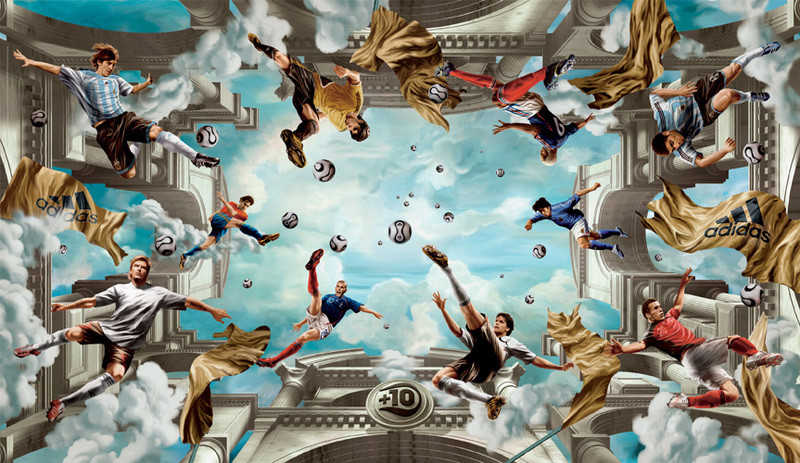Although religions intend to provide a vessel for good, sometimes conflicting philosophies can cause devout participants to lash out in anger and violence. Instances of violence are prevalent throughout the history of soccer as tensions run high amongst players and devout fans alike. Similar to the Protestant Reformation, different sects (or teams) of soccer can become unhappy with one another, resulting in violence. As many individuals became progressively more dissatisfied with the Catholic church and it’s ability to function under Christian ideals, the Protestant Reformation occurred, resulting in fighting between the differing groups. In 1969, tensions rippled through the Honduras and El Salvador players and fans during the World Cup qualifiers as each team desperately wanted to make it to the next round. Honduras scored during the last minute of play of a qualifying match, giving them a 1-0 lead over El Salvador, causing the two nations to erupt in violence. An article depicting the details of the war can be found here. In both scenarios, two differing groups maintained the same fundamental beliefs, however, disagreements between the groups resulted in the same passion fueled violence brought about by the respective religions of the people.


With something as powerful as soccer, the possibility of a negative consequence is always present as passion for the game can dominate one’s mind, clouding judgement. Andres Escobar became a religious martyr when he was murdered after scoring an inadvertent own goal against his promising Columbian team during the 1994 World Cup, resulting in the elimination of his team from the tournament.
Escobar’s death epitomizes the violence that can result from a passionate outbreak caused by religion. His death forever remains a symbol for the severity to which devout fans revere soccer. As the legendary Liverpool manager Bill Shankly famously quoted,
“Some people believe football is a matter of life and death. I am very disappointed with that attitude. I can assure you it is much, much more important than that.”
